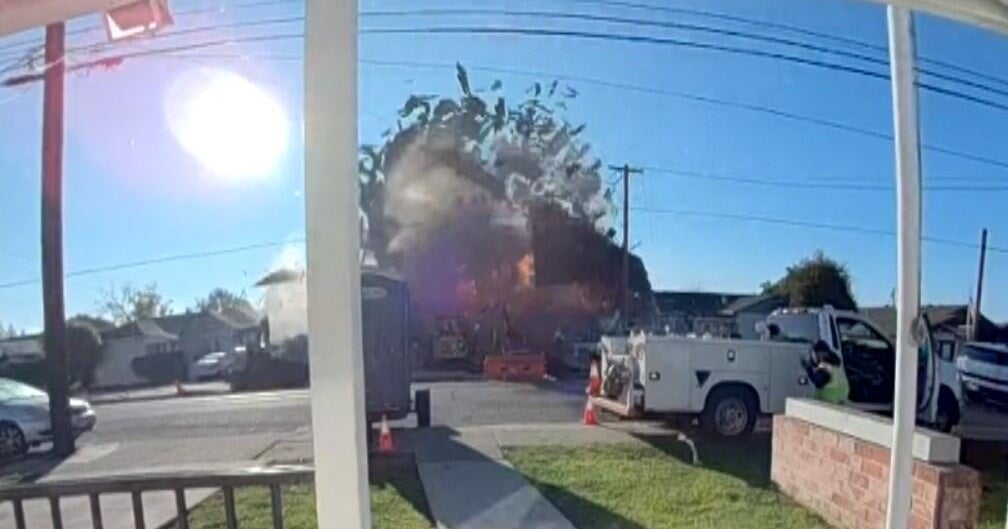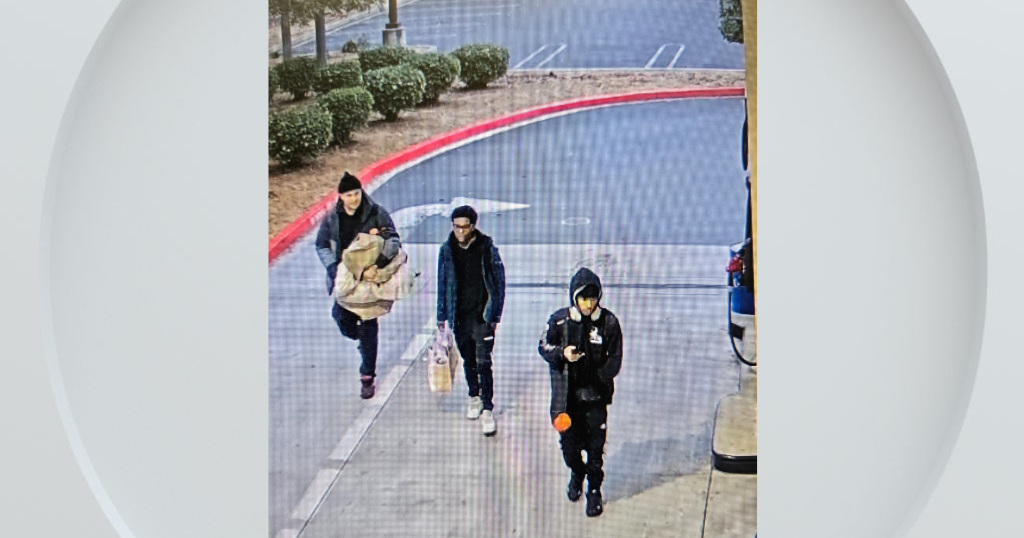Nashville bombing raises fears of "lone wolf" terror threats
The Nashville bombing is prompting new concerns about "lone wolf" terror threats in the United States. Investigators believe the Nashville bomber acted alone in carrying out the explosion that rocked the city's downtown on Christmas. Three people were injured and dozens of buildings were damaged in the area.
"Lone wolf" attackers have proven to be some of the most difficult for law enforcement to stop. Studies show they are often "more educated and socially isolated than group-based actors." said Jonathan Greenblatt, the CEO of the Anti-Defamation League.
"'Lone wolf'-style subjects sometimes choose to commit their crimes not over a period of months," he said, "but in a matter of minutes."
While the Nashville bombing has not been characterized as an act of domestic terrorism, the number of domestic terror cases under FBI investigation has been rising in recent years. These types of attacks can be motivated by any number of grievances.
"I think all fit in the category of anti-government, anti-authority. Which covers everything from anarchists violent extremists to militia types," FBI Director Christopher Wray has said.
While the militia that Michigan Governor Gretchen Whitmer earlier this year had a clear motive — ending the state's COVID-19 lockdowns — it's often more difficult for investigators to determine what's motivated "lone wolves," as is the case in Nashville.
"It becomes very difficult to sort of pinpoint the nature of this individual and the crime he was trying to effectuate," Greenblatt said.
Authorities have 63-year-old Anthony Quinn Warner as the bomber. Warner is believed to have died in the explosion of his RV. Before the explosion, he gave away some of his belongings and said he had cancer. The FBI is investigating whether that's true.
"Clearly, there had to be some precipitating event that caused the action," said David Rausch, the director of the Tennessee Bureau of Investigation.
Mola Lenghi contributed to this report.





